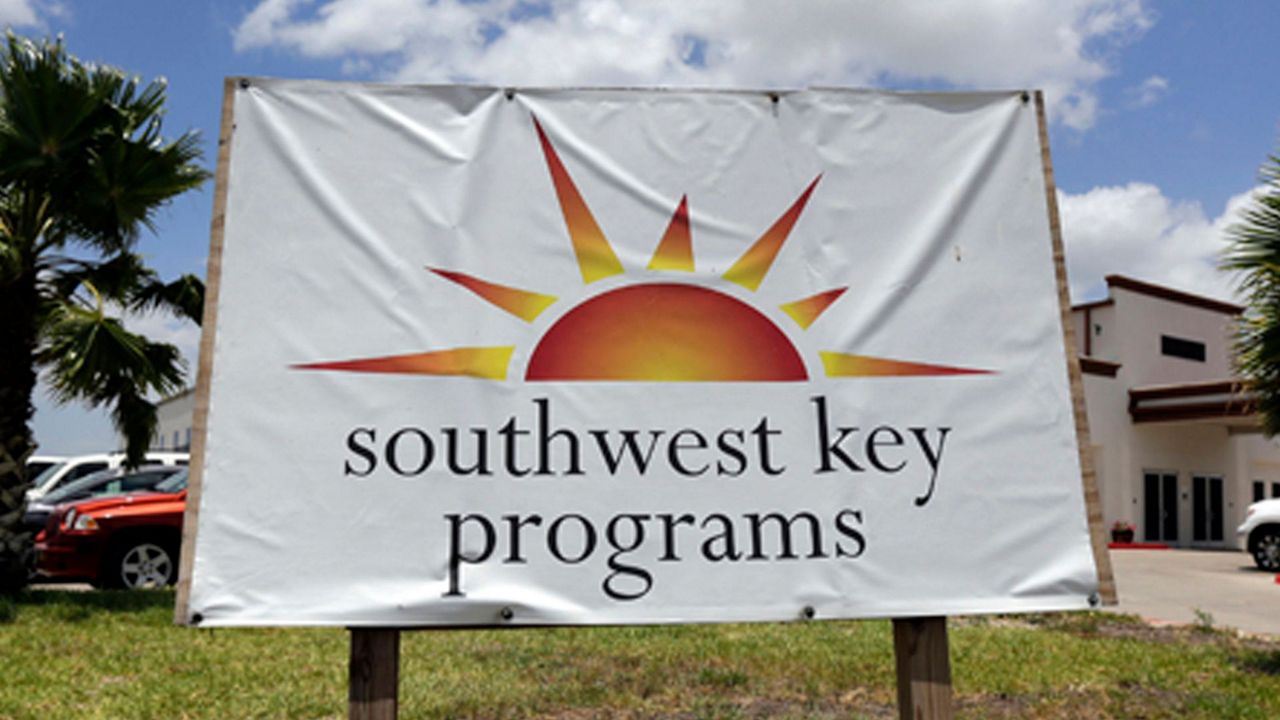AUSTIN, Texas — Skyler Williams plugs in his electric vehicle (EV) at a charging station off Highway 35 in Central Texas. He waited almost four years to get a Rivian.
“It’s so much fun to drive,” he said.
He paid about $80,000 for his Rivian. Soon, he and other EV owners could be required to cough up an additional $200 a year. That’s because the Senate just passed a bill to tax EV owners with a $200 registration fee. It would cost $400 at the time of purchase. The gas tax funds the state’s highway infrastructure, something people with EVs don’t pay.
In a statement to Spectrum News, the bill’s author, Sen. Robert Nichols, R-Jacksonville, wrote in part: “Each time an all-electric vehicle gets on the road and displaces a gas-powered vehicle, the state highway fund loses money... This cost adjustment equalizes road use consumption between electric vehicles and gas-powered vehicles.”
Owners of gas-powered vehicles have the benefit of paying a small amount of tax every time they fill up their tank, instead of all at once. But Sen. Nichols came up with the $200 figure by looking at a study by several state agencies. It revealed that every year, gas cars pay about $100 in the state gas tax and another $95 in the federal gas tax. But the study said that EVs should be taxed half as much, at $100 annually.
Williams called the $200 tax “punitive.”
“Number one, $200 is too much, in my opinion,” he said. “The second thing is, when electric vehicle owners have to pay that fee, it’s in a lump sum, all at once, once a year, which can be tough on certain people.”
Sen. Sarah Eckhardt, D-Austin, said the $200 vehicle registration fee is appropriate. She owns an EV herself.
“As EVs come on the market and represent a larger percentage of cars on the road, EVs really do need to pay something. And right now they’re paying—we, being an EV owner—are paying nothing,” she said.
Sen. Eckhardt described the highway infrastructure as a “state asset” because it’s essential for our economy to move people, goods and services. She said before EVs grew in popularity, the state’s gas tax revenue was already decreasing because cars are more fuel efficient.
“I believe that in the future we will move to some kind of vehicle miles traveled methodology for taxing vehicles that’s agnostic as to their fuel source. But for right now, a flat-dollar figure based on average gas tax payment by average Texans, I think is an appropriate contribution by our EV utilizers of our state highway system,” said Sen. Eckhardt.
But Williams said part of the appeal of owning an EV is saving money. There’s no fuel cost, and there’s less maintenance. While he thinks a tax on EVs is needed to maintain Texas roads, he worries the proposed fee is too high.
“I am completely sold on driving electric, so it wouldn’t dissuade me,” Williams said. “But I’m more concerned with those that might not be in the same financial position that this would dissuade them from being able to have an electric vehicle.”
The bill now heads to the House, where it’s set to be heard in the transportation committee.










